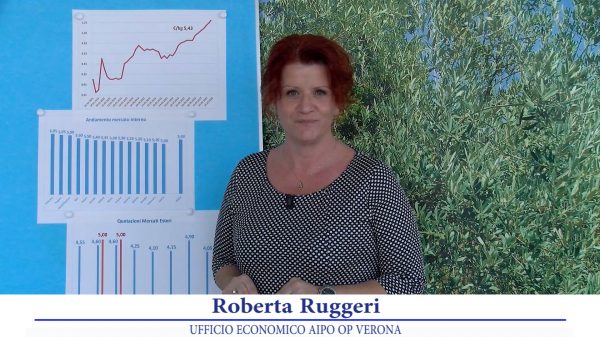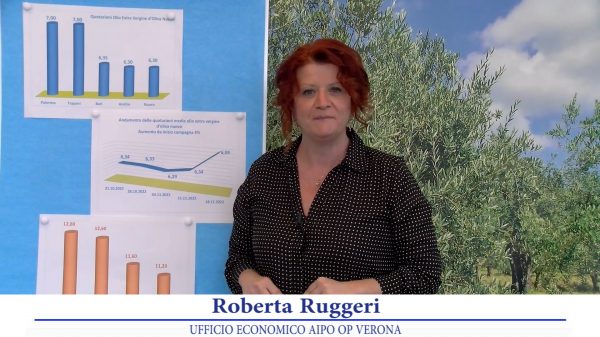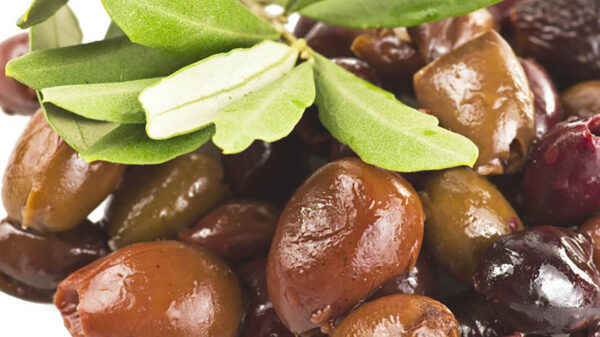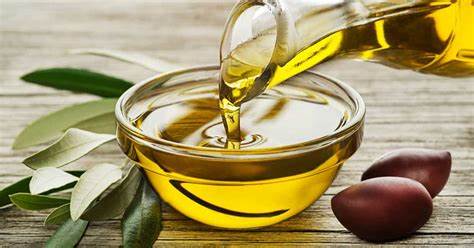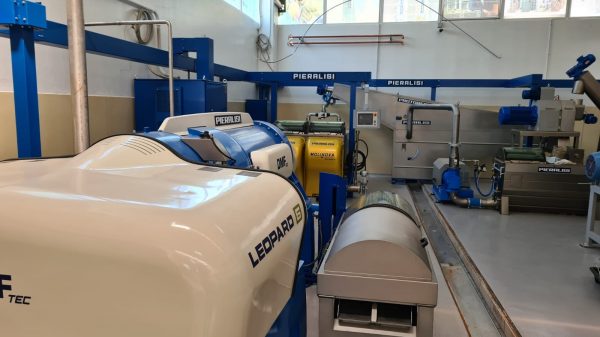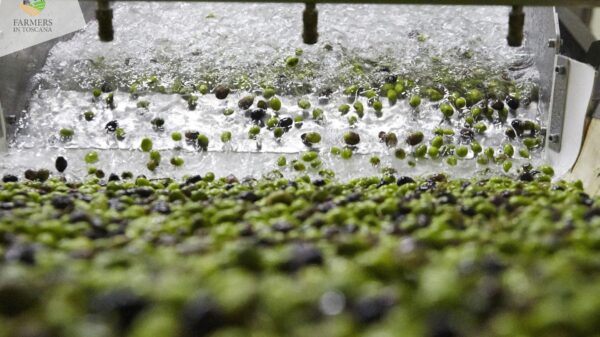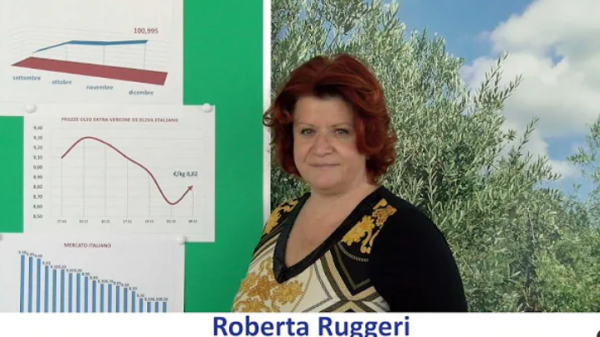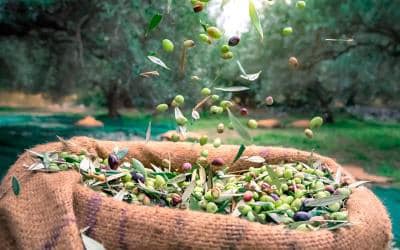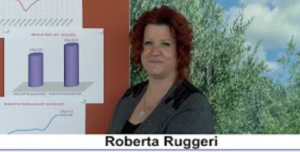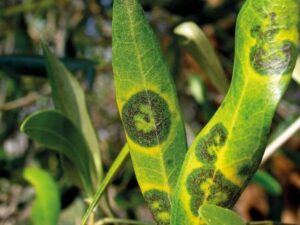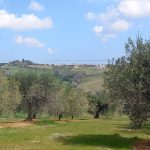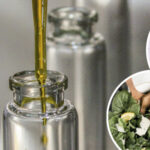It's thinkable compensation for olive growers and oil mill workers in the regions of central-northern Italy which they recorded major losses in the olive oil campaign just concluded? It is plausible that to the same refreshments may be recognized like, for example, ai winemakers with downy mildew?
These are questions that someone asked themselves at the end of a campaign what to define disastrous for many regions it is a simple euphemism. From the Liguria to the Toscana, to continue with Lazio, Umbria e Marche, just to mention the most penalized territories, are thousands of olive and oil producers who paid a very high price for the climate damage and the subsequent attack of the fly. And, obviously in addition to the oil mill workers who make the oil sector their only source of income, there are also many agricultural companies where olive growing is one of the most important items in the annual budget.
We listened to some experts on the subject who told us that the basis of all reasoning is the legislative decree 102/2004 relating to the National Solidarity Fund, which can be activated where essentially two conditions occur: that the damage is greater than the minimum threshold of 30% and that the damage does not concern production for which insurance could be provided.
Going into the matter: having said that 30% damage has been well exceeded in many regions, relative instead to atmospheric phenomena and plant diseases, these certainly fall into the insurable categories and therefore theoretically excluded from the possibility of accessing the fund. Theoretically, in fact.
In fact, though, the very recent past teaches - And downy mildew for viticulture is the most striking example, but there was also the case of frost to name another – which upon request of the Regions, the Government can grant an exemption to encourage the resumption of production activity, in favor of farmers who have not taken out an insurance policy.
Here, just to be clear, is what has been planned Official Gazette precisely because of the downy mildew last July: “Agricultural businesses that have suffered damage from downy mildew attacks on wine production and that do not benefit from compensation deriving from insurance policies or mutual funds can access the interventions envisaged to encourage the resumption of economic and productive activity referred to in the article 5, paragraph 2, of the legislative decree of 29 March 2004, n. 102, in derogation of article 5, paragraph 4, of the same legislative decree no. 102 of 2004. The territorially competent Regions may decide on the proposal to declare the exceptional nature of the events within the peremptory deadline of sixty days from the date of entry into force of the law converting this decree".
Article 5, paragraph 4, from which the exemption is granted, provides that “Damage to productions and structures eligible for subsidized insurance are excluded from the benefits provided for in this article”. Derogation indeed!
The prerequisite for arriving at such a provision that recognizes the exemption is that the Regions take action in this sense. And to activate any regional body, a request - or rather pressure - from some of the producers' representative organizations would be needed, pressure which in the case of downy mildew has been registered strongly and from many quarters.
The process should also include regional forms for reporting damage so as to allow the decentralized structures of the Agriculture Directorate of each interested Region to delimit the affected territory and develop the proposal to request the competent Ministry, Masaf, for recognition of the character of exceptionality of the event. It will then be the task of Masaf, if the difficulties and damages recorded are understood, to publish the specific ministerial decree.
In the opinion of the writer, on the basis of a comparison with experts on the subject, the conditions for an action of this kind would be there. Even where the focus is onthe refreshment for the resumption of production activity. Even more so since, as reported by them, it's about activating political action, because it is politics that must have a sense of responsibility to recognize the damage and grant the exemption, as has also been done in many other agricultural sectors. Thus denying, at least in this very unfavorable circumstance, those who have now surrendered to the fact that for the institutions, olive growing is the daughter of a minor god.
Browse for free l'Olivo News click , here
